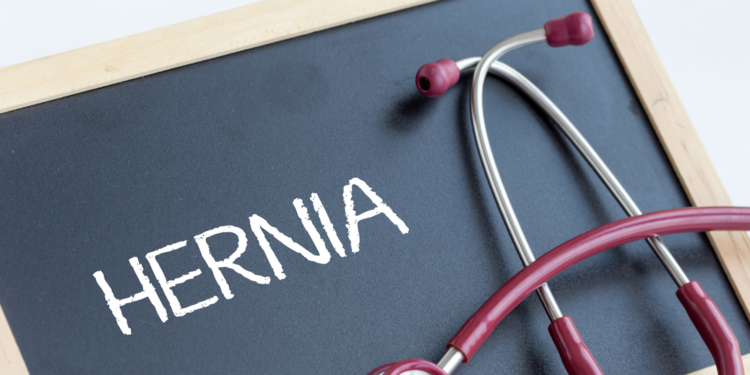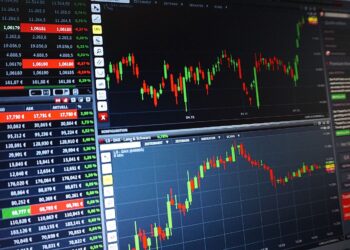The vertebrae are a series of small bones that stack up to make your spine. In between each vertebra lie rubbery cushions called discs which act as shock absorbers. These discs have a jelly-like center called the nucleus, which is enclosed by a tough membrane called the annulus. Sometimes the nucleus may push out through a tear or weak spot in the annulus. A disc that moves out of place is a herniated, slipped, ruptured disc. If you have a herniated disc, your reliable provider at Link Neuroscience Institute may recommend conservative treatments such as medication and physical therapy before resorting to surgery. The following are the symptoms, causes, risk factors, and prevention for herniated discs.
Symptoms of a Herniated Disc
The signs of a herniated disk depend on the disc’s location and whether there’s a pressed nerve. Discs can bulge anywhere along the spine, but herniated discs often occur in the neck and the lower back and usually affect one side of the body. If a disc bulges in the lower back, you may experience pain in your lower back, buttocks, thigh, calf, and part of the foot. A herniated disc on the neck causes pain in your shoulder. Most people describe the pain as burning or sharp. The pin might shoot into your leg when you move into certain positions or cough and sneeze.
If the bulged disc presses on a nerve root, you may have numbness or tingling in the body part served by the affected nerves. You may also have muscle weakness in the areas served by the pressed nerves, affecting your ability to hold or lift items.

What Causes Disk Herniation?
Herniated discs are usually a result of degenerative disc changes that gradually occur as you grow older. As you advance in age, disks become less flexible and prone to tearing, even with a minor twist or strain. Pinpointing the exact cause of your disc herniation can be difficult. Sometimes discs may bulge due to lifting heavy objects using your back muscles instead of your thigh and leg muscles. Although disk herniation can affect anyone, certain factors make other people more susceptible to this problem. They include:

Risk Factors for Herniated Disks
- Obesity. Extra body weight causes intense pressure on the discs in your lower back, causing degenerative changes which may cause ruptured discs. If you are obese, your provider may advise that you lose weight and maintain a healthy body mass index to reduce your risk of disk herniation.
- Smoking. The nicotine in cigarettes causes the blood vessels to constrict, limiting the oxygen and nutrients supply to different body areas, including the spine. Reduced oxygen supply in the spine causes the discs to break down more quickly.
- Occupation. Herniated disks are standard in people with physically demanding jobs that involve repetitive pulling, lifting, bending, and twisting.
- Frequent driving can also put you at risk for herniated discs since you remain seated for long periods, and the vibration from the engine puts pressure on the spine.
Consult your healthcare provider at Link Neuroscience Institute to learn more about herniated discs.














































































































